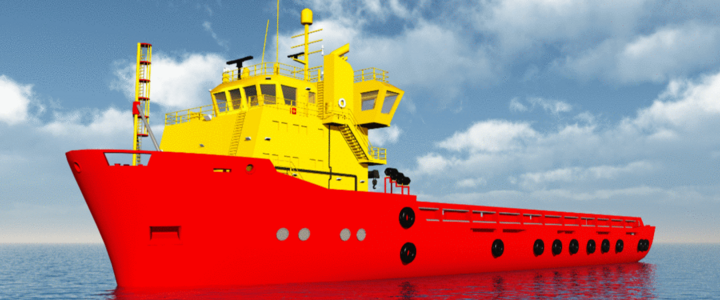Bunker Fuel Analysis
Regular fuel testing is vital as it ensures that you know that the fuel oil you’re bunkering and use is fit for purpose. There are host of problems that can occur with your fuel, both from the traditional heavy fuel oil to the more modern low sulphur fuels. And if left unchecked can cause significant problems with your engine and fuel system. For just a couple of hundred dollars you can significantly reduce the operational risks of using these fuels.
As the market in fuel oil becomes ever more diverse and sophisticated, the need for consistent, detailed in- depth analysis will continue to grow the quality of fuel used in the ships, barges, containers & vessels. Testing the quality of fuel is necessary to monitor the quality of fuel as per regulatory specifications.
All oil companies, suppliers or users, are aware how variable quality can be and the extreme effects low quality of fuel can create for people involved in the shipping industry. Fuel being one of the major cost center for marine industry, using fuel of the highest quality & specified grade is necessary to maintain the proper functioning of the fleet and ship. Proper quality of fuel ensures conformance of the fleet to strict emission and environmental regulations. Thus provides fuel quality monitoring programs for its customers to help them maintain the quality of fuels used in their ships and vessels.
Benefit of Bunker Fuel Testing:
- Identify Poor Injector performance
- Identify Smoking Problems
- Monitor Emissions
- Identify Fuel pump issues and failures
- Monitor cause of High Fuel Consumption
Our Analysis Includes below Test Parameters:
- Acidity mg KOH/gm - ASTM D 974, 664
- Ash Content % Wt. - ASTM D 482, IP 4
- Asphaltine Content % Wt. - IP 143, D 3279 D-6560 API
- Gravity - ASTM D 287
- B.S. & Water % Vol - ASTM D 1796
- C.C. A.I - Calculated
- Cloud point ˚C- ASTM D 2500, IP 219
- Compatibility/Stability Test Rating - ASTM D4740
- Carbon Residue % Wt. - ASTM D189, IP 13
- Carbon Residue Micro Method - ASTM D 4530 / ISO 10370
- Copper Corrosion Test Rating - ASTM D 130 / ISO 2160
- Cold Filter plugging point - IP 309
- Chloride content - IP 510/ ASTM D 5808
- Density kg/L - ASTM D1298 / ISO 3637
- Density kg/L (All) - ASTM D 4052/ ISO 12185
- Gross Calorific Value - ASTM D 4868
- Kinematic Viscosity - ASTM D 445/ ISO 3104
- Trace Metals ppm - IP 501
- Pour Point ˚C -ASTM D97, IP 15 / ISO 3016
- Total Sulphur - ASTM D 4294 / ISO 8754
- Total Sediments Thermal - ASTM D4870/ ISO 10307
- Water Content % Vol - ASTM D 95/ ISO 3733
- Flashpoint - ISO 2719, ASTM D 93
- Hydrogen Sulphide - IP570
- Total Sediments aged - ISO 10307
- Vanadium - IP501
- Sodium - IP501
- Aluminum - IP501
- Silicon - IP501
- Calcium - IP501
- Sodium - IP501
- Zinc - IP501
- Phosphorus - IP501
- Viscosity - ASTM D445
- Sediment by hot Filtration - IP375


